Research for Future
Germany is finally building another new research vessel, the METEOR IV. The contract has been awarded to an unusual shipyard consortium. The Federal Ministry of Education and Research has commissioned the Fassmer and Meyer shipyards to build a new research vessel. According to a press release issued by the ministry on 21 January, the bidding consortium Meyer-Fassmer-Spezialschiffbau was awarded the contract to build the METEOR IV research vessel in mid-December 2021 as part of a Europe-wide tender. The consortium combines the expertise of two renowned German specialist shipyards. Access marineforum digital+ Are you already a registered user? Log in here now - also MOV members: Username Password Remember...
Weiterlesen

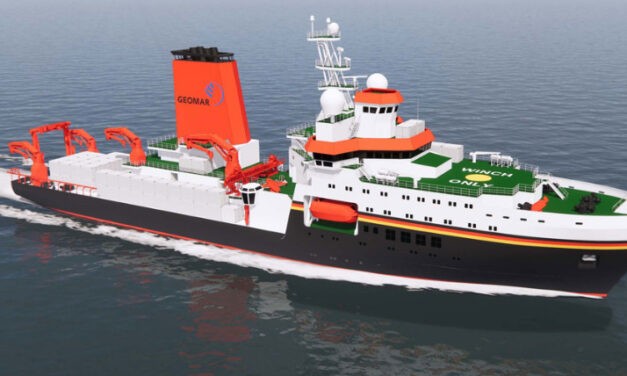
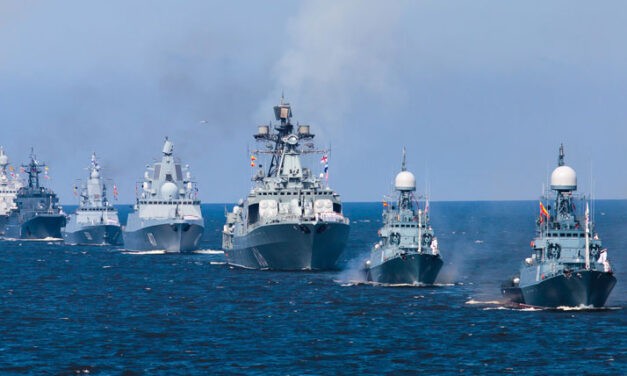
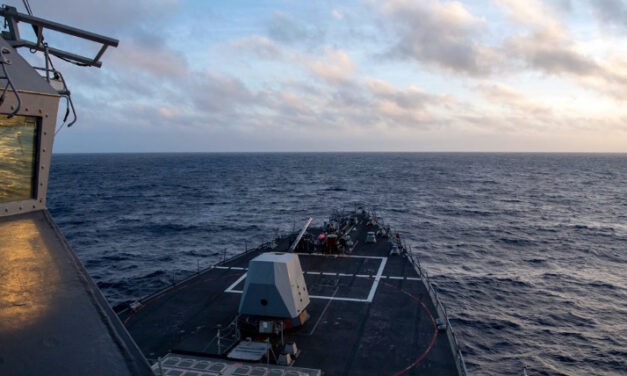
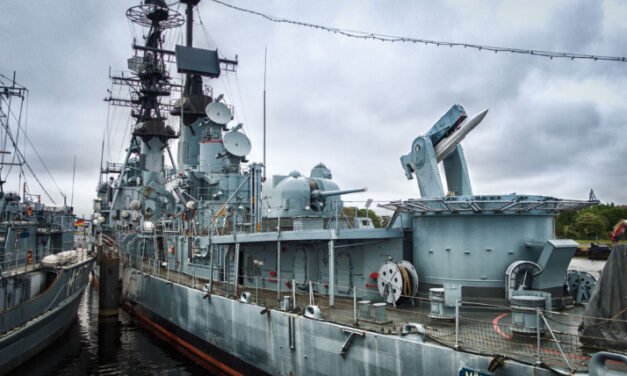
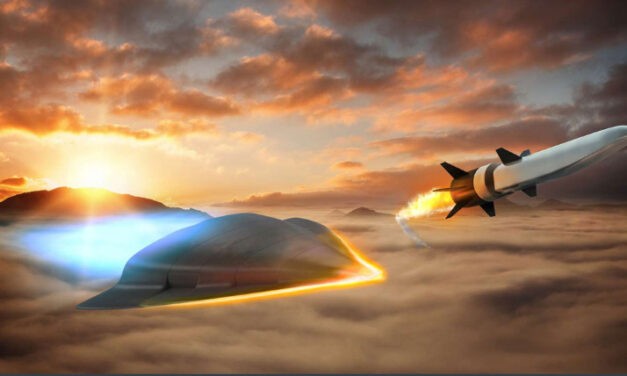
Recent Comments